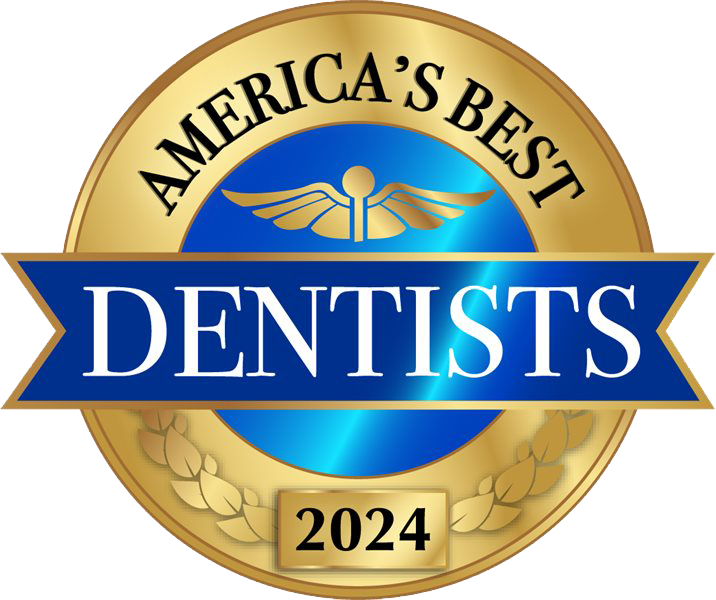Blog Layout
Do Wisdom Teeth Always Come In? The Answer May Surprise You
Cherrywood Dental • Feb 28, 2019
Having your wisdom teeth extracted has become somewhat of a rite-of-passage into adulthood for many. The wisdom teeth, or third molars, typically begin to develop in the preteen years and erupt sometime before the age of 25. In fact, that’s how these molars earned their nickname, as this is the time of life when young people are said to become wiser.
However, if your 25th birthday has come and gone and your wisdom teeth are still with you, you may be wondering if it will ever be necessary to have them removed.
Not Everyone Has Wisdom Teeth
Today, as many as 35% of people, according to expert estimates, never develop the third molars known as wisdom teeth. Some scientists believe that the third molars may eventually disappear entirely from human anatomy.
Our early ancestors used all 32 adult teeth to their advantage when chewing through leaves, roots and raw meat. The human skull structure has changed over time, with the jaw evolving to become narrower, resulting in third molars.
Wisdom Teeth Can Erupt Later In Life
Your third molars are likely to come in sometime between the ages of 17 to 25. If you have celebrated past your 25th birthday, this doesn’t necessarily mean that your wisdom teeth won’t erupt later in your life. For some patients, these teeth can emerge much later in life.
Scientists have yet to be able to explain why this happens, but a third molar can arrive years or even decades after the typical time frame. Many dentists and oral surgeons have had patients in their 50’s, or even older whose third molars are just beginning to erupt.
Your Molars Could Be Impacted
If your wisdom teeth haven’t appeared by your early 20’s, they could come in later in your life, or they may never appear at all. That being said, the most likely cause of your no-show molars is that they are impacted. In other words, your jaw doesn’t have enough room for them to erupt, so the teeth become trapped below the gumline.
The American Association of Oral and Maxillofacial Surgeons says that 9 out of 10 people have at least one impacted wisdom tooth. When a tooth is unable to come in, it may grow at an angle and cause damage to the nearby and healthy teeth.
Impacted wisdom teeth should be removed as soon as possible to avoid these and other serious dental complications. Most professionals recommend that all young adults have a wisdom tooth exam and evaluation to determine the status of these potentially severe risk factors.
Extraction For Older Patients
Waiting to have your wisdom teeth removed until later in life can complicate your experience:
- As the wisdom teeth develop, they grow a more extensive root system. Your Oral Surgeon may need more time and may have to perform a more invasive procedure to remove these teeth.
- Younger patients tend to have fewer risks with any surgical procedure.
- Similarly, young people tend to heal more quickly from surgery and may have a more flexible schedule for their recovery. As an older adult caring for a family or as a working professional, you may find it more challenging to fit wisdom teeth removal into your schedule.
- Patients should give themselves the opportunity to have the most comfortable recovery possible. Young adults usually have a built-in support system—AKA, their parents—that can help them just after and in the days following surgery. This might be harder for adults.
For a professional consultation and evaluation of your oral health, look to Cherrywood Dental Associates. We have the knowledge and experience needed to help you make the best decision possible on the current status of your wisdom teeth.
© 2024
All Rights Reserved | Cherrywood Dental Associates
781-469-0771
301-973-6160
Website designed and maintained by Xpress, INC

